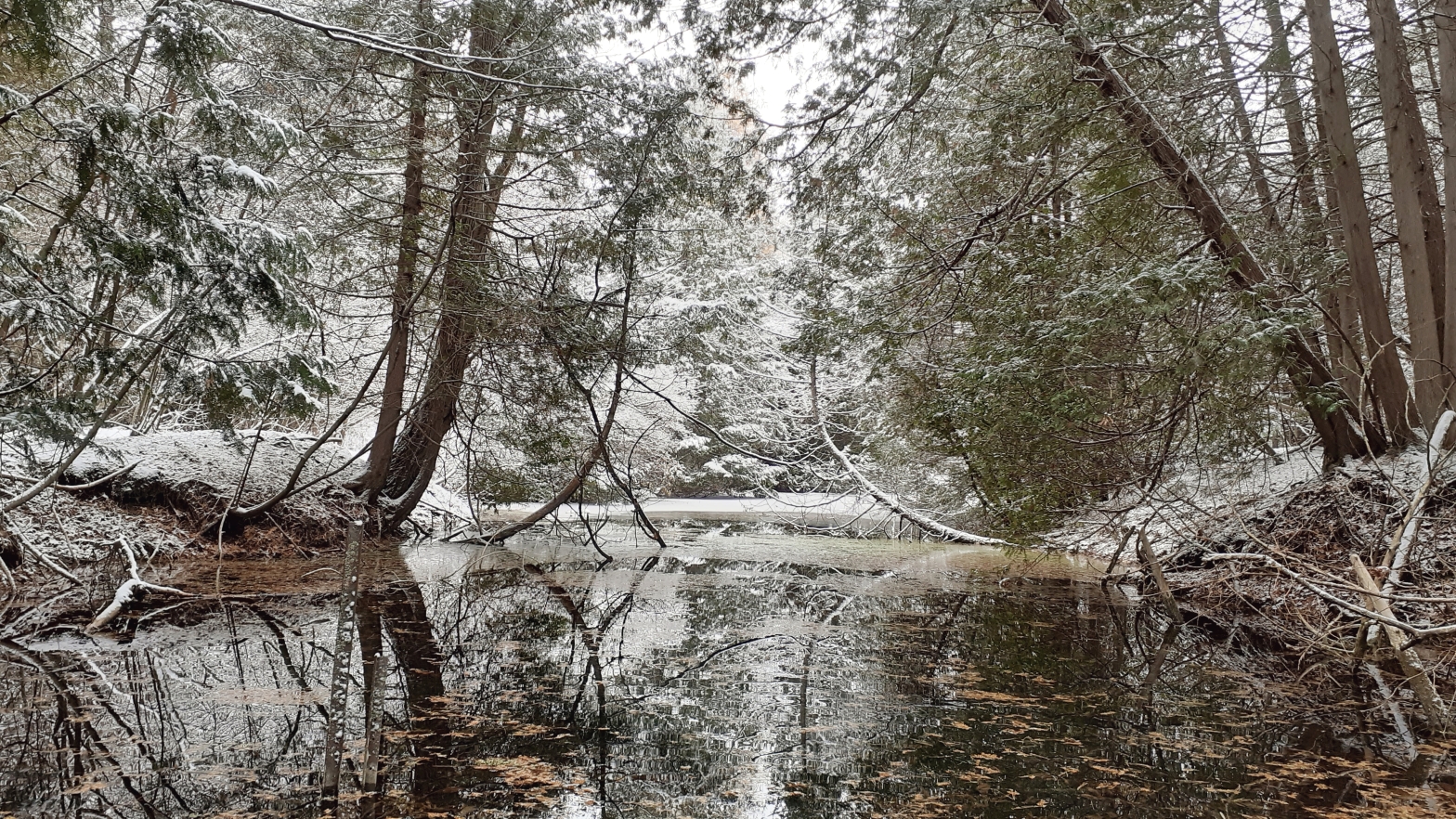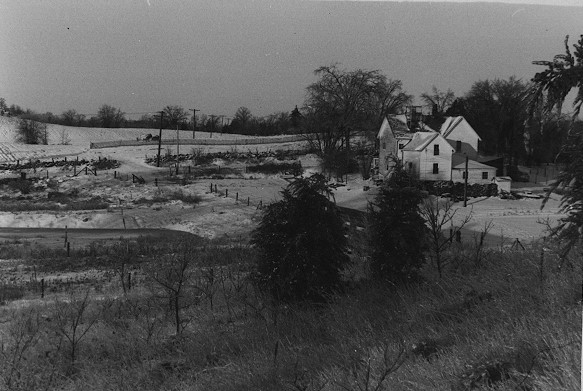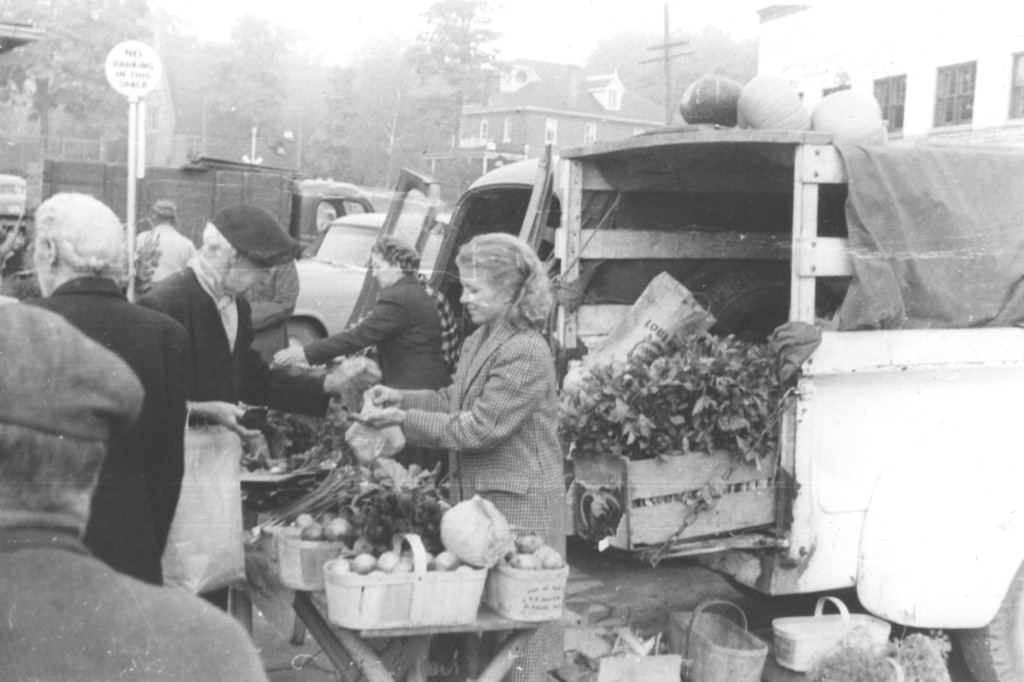December 15, 2019
In aboriginal cultures of the northern hemisphere, winter was traditionally the time for storytelling. There was usually plenty of food stored from hunting and gathering throughout the summer and fall, ideally enough to see the community through the winter.
The closer you work with the Earth, the closer you continue this traditional life style. With freezers full, herbs dried, root crops in the cellar, and canned good in the pantry, it is time for other activities like reading, writing, watching movies and learning from documentaries.
Over the past few winters, I have been slowly putting together our family history, from its beginning in Eastern Europe and Germany. I am not one to become wrapped up in ancestry and have a real aversion to using place of birth as a measure of who you are. It doesn’t really matter if you have royalty or peasantry in your background. But the family story brings one’s own life story into some perspective. Afterall, we build our life story on the stories of those who came before us.
When we come into this world, we don’t have the luxury of choosing our parents, culture, religion or way of life. We are generally not encouraged to think freely and develop to our full potential, but rather are expected to adopt the way of life and belief systems we are born into, without question. Ideally, parents, teachers, and spiritual leaders would see their roles as life facilitators and guides while allowing the children in their care to develop as unique entities.
My father was born in the Baltics and spent a good part of his early life in Estonia. He and his wife, Karin, settled on a piece of land just outside Tallinn which had been granted to them by the Estonian government for settlement and reclamation. Here, they built a tiny shelter and farmed the 5 acres of land on the edge of the Baltic Sea. My father and grandfather used their engineering backgrounds to innovate and build. Karin managed the agricultural part by applying all she learned about gardening, food processing, bee keeping and raising livestock from her college studies. They built up a little farm that was as close to self-sustaining as possible given the stony, poorly drained land on which they were situated. They loved the challenge and gained the interest and help of many family members and friends.

The house in Estonia, 1930s 
Digging a drainage ditch, 1930s 
The garden, 1930s
Shortly after the birth of their third child, they began construction of a house big enough for their growing family. However, as their new house neared completion, higher powers thwarted their dreams. Two dictators had taken a look at the countries around them and agreed to shift things around. Hitler had just taken over Poland and made a non-aggression pact with Stalin. Hitler would remove thousands of German Baltic citizens and relocate them in Poland by displacing the local population. Stalin would take over Estonia. Evacuees were given one day’s notice to take what they could carry and leave by ship into the unknown.
The family spent the next six years being moved from place to place, finally as refugees until the end of the war that brought even greater hardship with shortages of food and shelter. It is not surprising that the family of 8 broke up.
My mother came on the scene in 1947, two years after the war ended. She, on the other hand, had grown up in Hamburg, Germany, youngest child of devoutly Christian parents. After losing her father at age ten, she was only eleven when Hitler rose to power. She was one of millions of youth of so-called “Aryan” background, who were swept up into an ideology based on divisiveness and racism. Only later did she become fully aware of the atrocities committed in the name of nationalism.
After my parents spent five years trying hopelessly to establish themselves in an environment of social and economic chaos, they looked to Canada for an opportunity to start over again. Within a year of arriving in Toronto, they discovered a beautiful, stony farm on the Cold Creek. It reminded my father of the Baltics. Here, they established a market gardening operation on land deemed largely unfit for agriculture. They called it Cold Creek Farm and immediately embarked on an extensive reforestation program to convert non arable fields back into forest. Life was tough for them, but they took on their new challenge to make a living from the land and never looked back. Canada was their home. They cherished the freedom and open spaces.
I am one of five of their children who moved back to the farm after spending time in other pursuits. The constant struggle we went through growing up on the farm had us all look outward to pursue other options open to us. But in every struggle, a good part of you remains behind, no matter how hard you try to shake it off. Perhaps, our gradual return to each take over a part of the original farm was a way to reconnect with ourselves.
In reviewing the family history and the upheavals of the second world war, it is a reminder to all of us to be aware of the immense societal problems, loss of freedom, and suffering that result from a breakdown of democracy.
Knowledge and experience empower us. We should never allow a few individuals to seize so much power as to view the world as one big chess board.
We need to view our leaders as those who should be working collaboratively with other leaders and the citizens of our country to move humanity forward. We elect them to ensure an inclusive and compassionate society. As leaders and fellow human beings, they deserve our respect, but should never be put on a pedestal. If they go into office and don’t lead with humility and respect for all citizens, we should simply be able and willing to vote them out of office. It really is up to all of us, individually and collectively, to be aware of what is happening at all levels of government and ensure there is no abuse of power.
Family history is fundamentally a story. The only thing that is real is the present moment. Our present experience should not be twisted by the life story we have created for ourselves. The past should only be a lesson to help us live better and more effectively in the NOW, at peace and in harmony with the earth which sustains us.







Bea, I already loved you for growing my vegetables, but your writing is phenomenal. So beautiful, thank you 🙏
LikeLike
This is a great reflection, connecting the past and the present – including some veryu important lessons to be learned from the past.
LikeLiked by 1 person